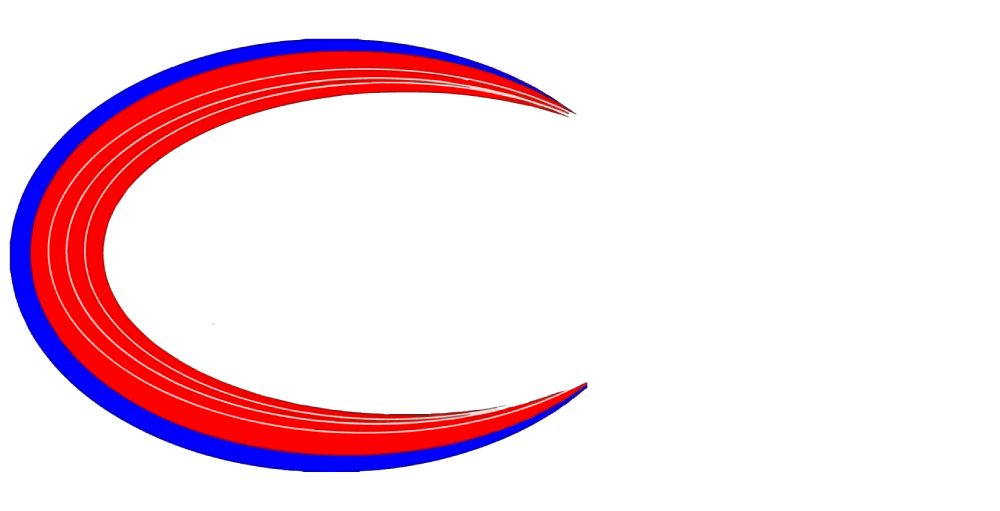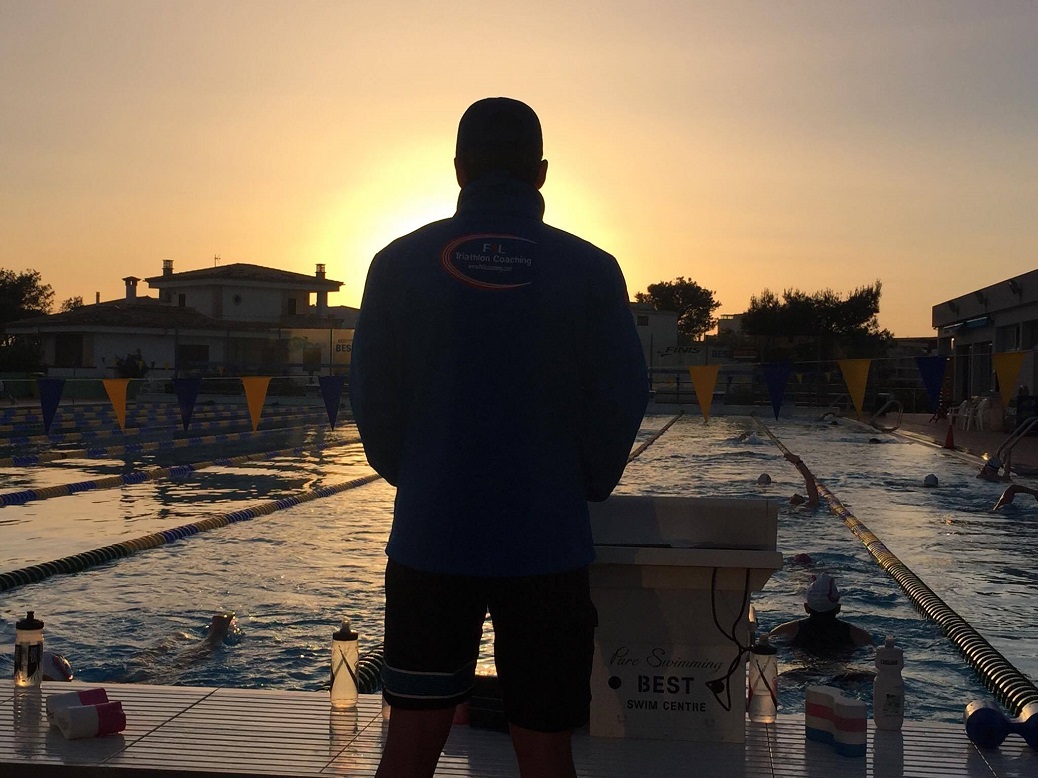 I have spent a great deal of time planning my coaching recently. Every coach should in my opinion. What do you want to focus on? What can you improve? What's my philosophy?
I have spent a great deal of time planning my coaching recently. Every coach should in my opinion. What do you want to focus on? What can you improve? What's my philosophy?
My ambitions, my limiting factors, what I love about coaching, what I can improve, training camps are just some examples. For me it has been quite enlightening... I am feeling motivated, more confident in myself and believing in myself that I can get to where I want to go.
One thing that did pop up was do I have a coaching philosophy and is it clear to athletes? I do:
Consistent, Balanced and Sustainable Training
The point being raised was do my athletes, and potential athletes, know what it is? I would hope so I but I am not 100% sure that they all do. So with that in mind I thought, "I know what my next diary entry is!"
Before I go any further, it needs to be fun too! We want to achieve our goals but we will never do that if it is not fun. So when you come to F4L or join in one of our squad sessions expect it to be entertaining as well as challenging and rewarding (but no I don't sing, I don't dance and I WILL NOT dress in drag and do the hula!).
When I say, "Consistent, balanced and sustainable training" this is what I am talking about.
Consistency is key. There is no point doing two good weeks of training and then nothing for six. I am a firm believer in little and often. Obviously certain races require different sorts of training but the philosophy stays the same. Triathlon is three (or four) disciplines not three different sports bolted together. We have to train for Triathlon, not swimming, cycling and running.
Balanced training can have so many meanings. For me it is about balancing EVERYTHING. You cannot train for an Ironman without support form your wife or husband... quite simply, you'll be divorced before you get to the race! You have to fit triathlon around your job... if not you will be unemployed! And that is before I start talking about your actual training. When do you do hill reps, how much endurance work should you do, how many times a week should you swim... AND THEN we will talk about which races to do, what distance, injuries, sickness, fatigue, kids, fitting in your meals, travel... oh and spending time with your wife, husband or partner.
 THIS is where the coach really earns his money.
THIS is where the coach really earns his money.
Your coach will be objective about you, your life and training, where as you as an individual will find it very hard to be so.
Finally your training needs to be sustainable. Every athlete is different. Some need more rest than others. Some have very limited time to train, some can train full time.
Training sustainably with sufficient recovery is possibly the most overlooked aspect of training - the glue which holds it all together. Most triathletes, whilst having ambitions to achieve their best, compete as a hobby or a challenge. Triathletes tend to have jobs, families, commitments outside of the sport. This is the main difference between professional athletes and the weekend warriors… time for recovery.
How many athletes think, for example, “Oh public holiday coming up soon, must be an opportunity to get the miles in?” If you normally do 10 hours per week training, and decide, because it’s a bank holiday, to go and ride for 4 hours, you have just added 40% to your average training week, with very little extra recovery. Think about it. How about this alternative: “Oh public holiday, chance to put in some quality training and have some quality recovery time?”
Just a thought.
Anyway there you have it, the F4L Triathlon Coaching philosophy is all about Consistent, Balanced and Sustainable (and FUN!) training.
Find out more about F4L Triathlon Coaching
 Paul is a professional full time coach who offers a comprehensive coaching service for triathletes. With over 15 years coaching experience and a thorough knowledge of the sport and what it takes to achieve success. Paul is driven by empowering athletes to achieve their sporting challenges. He caters for triathletes aiming to better their performance in Ironman or Ironman 70.3. In addition Paul has coached athletes to ITU World Age Group Championships, national, regional & state titles in a variety of distances.
Paul is a professional full time coach who offers a comprehensive coaching service for triathletes. With over 15 years coaching experience and a thorough knowledge of the sport and what it takes to achieve success. Paul is driven by empowering athletes to achieve their sporting challenges. He caters for triathletes aiming to better their performance in Ironman or Ironman 70.3. In addition Paul has coached athletes to ITU World Age Group Championships, national, regional & state titles in a variety of distances.


